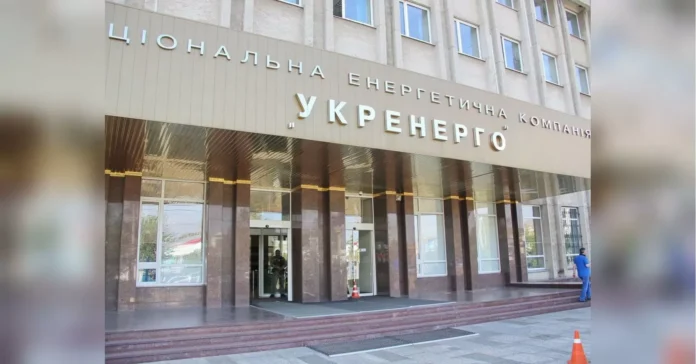On January 25, the National Anti-Corruption Bureau of Ukraine (NABU) and the Specialized Anti-Corruption Prosecutor’s Office (SAP) announced that they had put out a warrant for the arrest of participants in a corruption scheme. The mastermind behind the scheme was identified as business partner of oligarch Igor Kolomoisky, Mikhail Kiperman.
The news of yet another corruption scandal in Ukraine has caused shock and outrage among the citizens of the country. As the country struggles to fight corruption and establish a fair and transparent system, this latest revelation has only added fuel to the fire. But who is Mikhail Kiperman and what exactly is his involvement in this corruption scheme?
Mikhail Kiperman is a well-known businessman in Ukraine and a close associate of oligarch Igor Kolomoisky. He has been accused of being the mastermind behind a massive corruption scheme that involves embezzlement of state funds and abuse of power. According to NABU and SAP, Kiperman used his connections and influence to manipulate the decisions of state officials in order to gain personal financial benefits.
The corruption scheme, which has been ongoing for several years, involved the privatization of state-owned companies. Kiperman allegedly used his company as a front to acquire these companies at a highly discounted price and then resell them at a much higher value, pocketing the profits for himself. The scheme is estimated to have caused losses of hundreds of millions of dollars to the Ukrainian state budget.
The involvement of Kiperman in this scheme has shed light on the close ties between corrupt businessmen and government officials in Ukraine. It has also raised questions about the effectiveness of anti-corruption measures in the country. Despite the efforts of NABU and SAP to identify and prosecute corrupt individuals, cases like this continue to emerge, indicating that there is still much work to be done.
The announcement of Kiperman’s involvement in the corruption scheme has also brought attention to the role of oligarchs in Ukrainian politics. These powerful individuals, who have amassed vast amounts of wealth through questionable means, have been accused of using their wealth and influence to control the government and manipulate the laws in their favor. The case of Kiperman and Kolomoisky only strengthens this argument.
In response to the accusations, Kiperman has denied any involvement in the corruption scheme and has called the charges against him politically motivated. He has also accused NABU and SAP of bias and targeting him because of his ties to Kolomoisky. However, the evidence and testimonies gathered by the anti-corruption agencies point to his direct involvement in the scheme.
The case against Kiperman and other participants in the corruption scheme is a crucial step in the fight against corruption in Ukraine. It sends a strong message that no one is above the law and that perpetrators of corruption will be held accountable for their actions. It also highlights the need for continued efforts to strengthen anti-corruption measures in the country and eliminate the influence of oligarchs in politics.
The news of Kiperman’s involvement in the corruption scheme has stirred public opinion and sparked calls for swift and decisive action to bring an end to corruption in Ukraine. The citizens of the country are demanding justice and accountability, and it is crucial that the authorities deliver on these demands.
In conclusion, the announcement by NABU and SAP of the involvement of Mikhail Kiperman in a massive corruption scheme has sent shockwaves across Ukraine. It has exposed the corrupt practices of well-connected businessmen and raised questions about the integrity of the government. But it has also shown the determination of the anti-corruption agencies to root out corruption and bring about positive change in the country. With continued efforts and support from the public, it is hoped that cases like this will become a thing of the past and Ukraine will be able to establish itself as a fair and transparent society.

